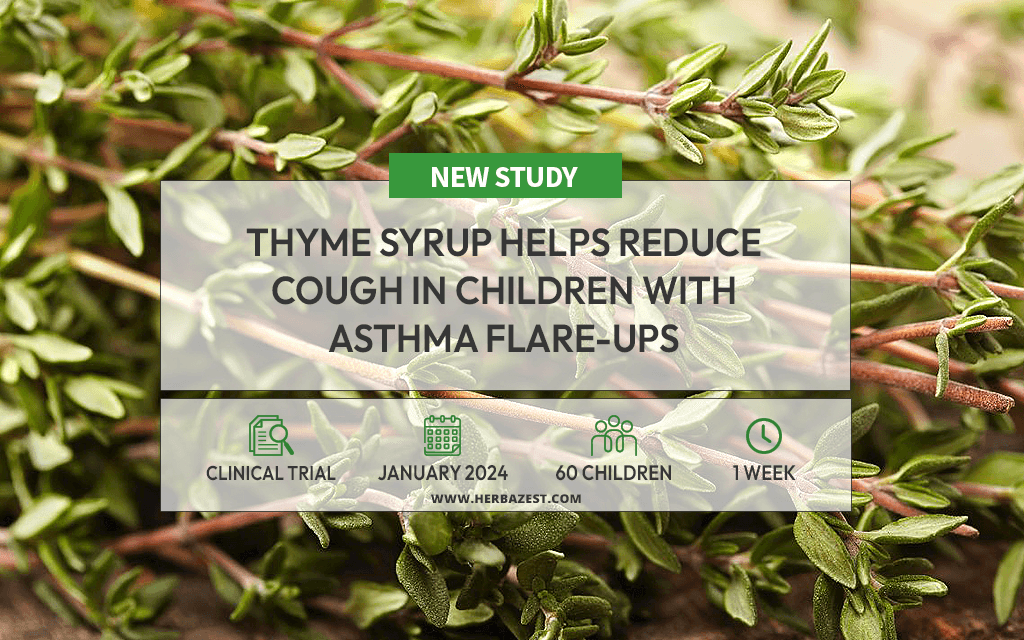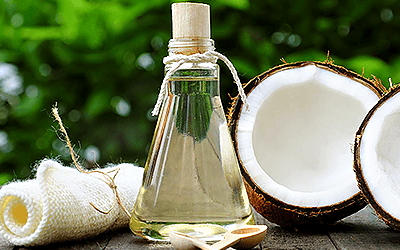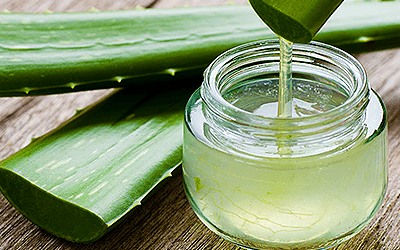Asthma is one of the most common chronic inflammatory diseases affecting the airways, with a particularly high burden on children. It often causes frequent school absences and impacts academic performance.1 Coughing is one of the most common symptoms of asthma, leading to discomfort, especially during physical activity. While medications can manage asthma, many parents are turning to complementary treatments to support their children's health.
One such plant with a long history of medicinal use is Thymus vulgaris, commonly known as thyme. The herb possesses various medicinal properties, including antibacterial, anti-inflammatory, and expectorant effects, which may be helpful in managing respiratory conditions like asthma. This study explored the effects of thyme on reducing cough and improving lung function in children with asthma flare-ups.
The Study
This randomized, triple-blind clinical trial was conducted at the Asthma and Allergy Clinic of Ardabil University of Medical Sciences, Iran. It involved 60 children aged 5 to 12 years with mild to moderate asthma exacerbations.
The children were randomly assigned to two groups: one group received thyme syrup alongside their standard asthma medication, while the control group received a placebo syrup in addition to their usual treatment. The intervention lasted one week.
At the start of the study, data on the children's clinical symptoms—such as coughing, wheezing, and shortness of breath—were collected. Spirometry, a lung function test measuring forced expiratory volume (FEV1) and other parameters, was also performed. These assessments were repeated at the end of the one-week treatment period to determine any changes in symptoms or lung function.
The Results
One of the key outcomes was a significant reduction in cough following physical activity in the group receiving thyme syrup compared to the placebo group. This suggests that thyme may help reduce activity-induced coughing, a common and troublesome symptom in children with asthma.
Both groups showed improvements in other clinical symptoms, such as wheezing and shortness of breath, but the reductions in these symptoms were similar for both the thyme and placebo groups.
Spirometry results revealed a notable improvement in FEV1 (forced expiratory volume in the first second) in the thyme group, with the difference between the two groups being statistically significant. However, other lung function parameters did not show significant differences between the two groups.
What Does this Mean?
This clinical trial provides promising evidence that thyme syrup may be beneficial for children with asthma attacks, particularly in reducing activity-induced coughing. It also suggests that thyme may have some positive effects on lung function, though further research is needed to fully understand the extent of these benefits.
Thyme's essential oils, particularly thymol and carvacrol, are known for their anti-inflammatory and spasmolytic effects, which may explain the herb's potential as a supportive treatment for children with asthma. These compounds may help relax the bronchial muscles, reduce inflammation in the airways, and increase mucociliary activity, making it easier for children to clear mucus and breathe more freely.
Other herbs that offer respiratory benefits include nettle, mullein, and marsh mallow.
Sources
- Allergologia et Immunopathologia, Thymus vulgaris ameliorates cough in children with asthma exacerbation: a randomized, triple-blind, placebo-controlled clinical trial, 2024
Footnotes:
- American Journal of Preventive Medicine. (2016). Asthma-Related School Absenteeism, Morbidity, and Modifiable Factors. Retrieved October 21, 2024, from https://pmc.ncbi.nlm.nih.gov/articles/PMC4914465/




